Abu Dhabi Freezones: Which Is Right for Your Business (2026)
Published Date:
Sep 5, 2025
Last Updated:
Sep 5, 2025

Abu Dhabi, the capital of the UAE, has maintained an evolving business environment with its versatile freezones. They offer unique benefits to attract FDIs, promote economic diversification, and support many business industries.
This guide explains the major Abu Dhabi freezones, highlighting their key benefits, activities, and requirements to help you choose the right one for your business in 2026.
What Is A Freezone?
In simple terms, a freezone is an exclusively designated geographic area that offers a unique set of business and economic benefits for organisations. It offers a special benefit structure that is different from the available surrounding jurisdictions. They are primarily established to support business growth, encourage foreign direct investments, boost employment, promote trade, and diversify the economy in general.
The Abu Dhabi freezones play a crucial role in the city’s economic strategy and form a key part of their objectives for Abu Dhabi Economic Vision 2030, established in November 2008. This vision aims to achieve sustainable economic growth by enhancing competitiveness, sustainable development, and economic diversification.
By strategically integrating freezones into its long-term economic plan, Abu Dhabi aims to create a diversified and dynamic economy that can boost economic growth and development.
Differences between Mainland (Onshore) and Freezone (Offshore) Companies
One of the key decisions when setting up in Abu Dhabi is whether to establish a mainland (onshore) or freezone (offshore) company.
Mainland companies can trade across the UAE and internationally without restrictions.
Freezone companies trade primarily within their zone or internationally. To trade onshore, they must appoint a local distributor or obtain the necessary permits.
Freezone entities enjoy benefits such as 100% foreign ownership, tax advantages, simplified incorporation, and repatriation of profits.
As H.E. Ahmed Jasim Al Zaabi, Chairman of the Abu Dhabi Department of Economic Development (ADDED), stated during the launch of the Abu Dhabi Unified Economic Licence:
“Free zones play a significant role in our economic diversification and in attracting foreign direct investments in key targeted sectors. Unifying the licensing process of economic establishments in the Emirate is a pivotal step, underscoring Abu Dhabi’s commitment to a business ecosystem that aligns with global standards.”
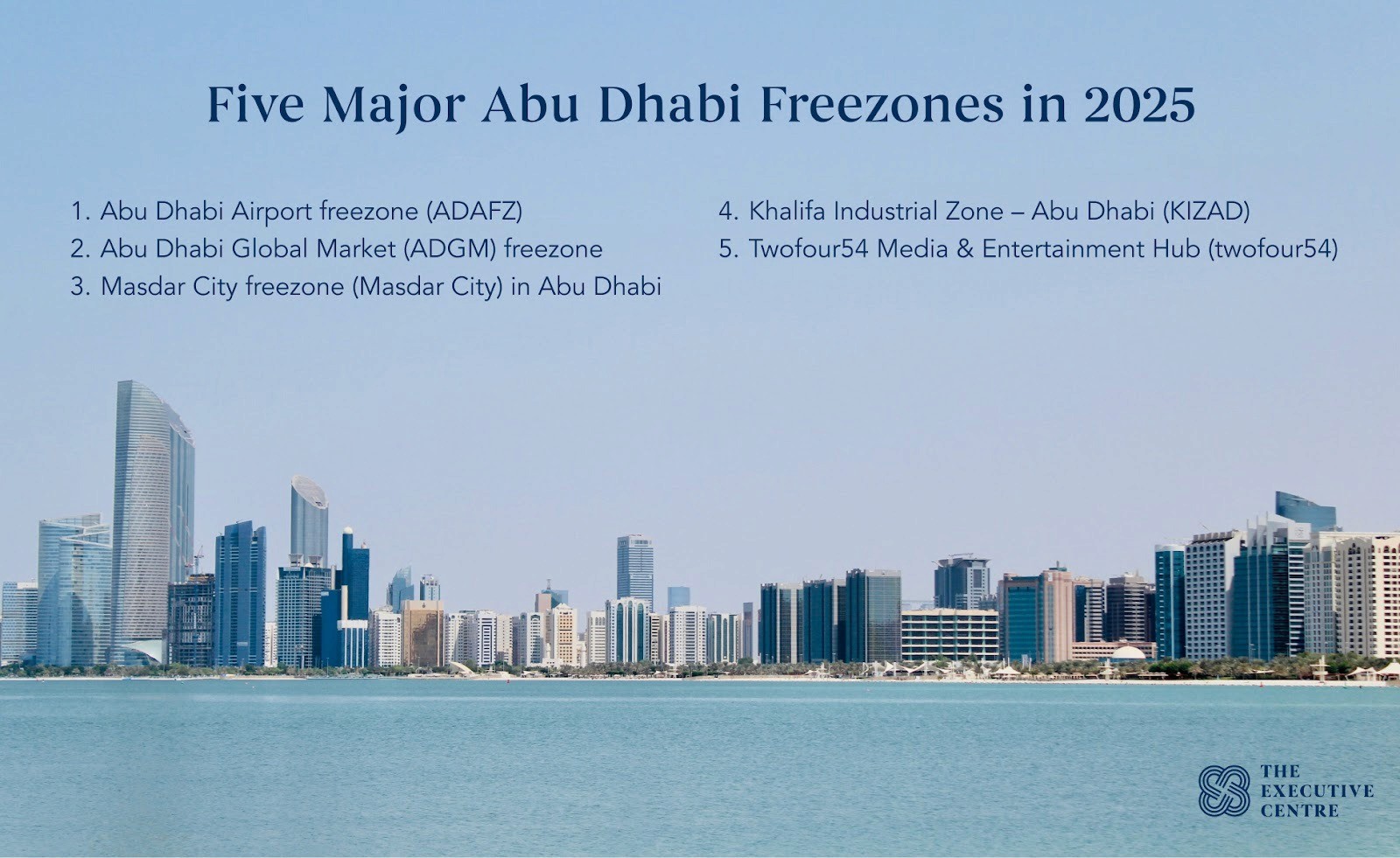
Here is a guide on the five major Abu Dhabi freezones in 2026, and how to choose the right one for your business.
1. Abu Dhabi Airport freezone (ADAFZ)
Strategically located near key airports: Abu Dhabi International, Al Ain International, and Al Bateen Executive, ADAFZ is designed to facilitate trade, aviation, and logistics industries.
ADAFZ offers a comprehensive suite of freezone facilities designed exclusively to support a range of business activities such as:
Business Parks: Modern office spaces tailored to the needs of various businesses.
Logistics Park: State-of-the-art infrastructure to simplify and enhance efficient logistics and supply chain management.
Business Centres: Fully equipped business centres providing essential services for SMEs and established businesses.
ADAFZ’s prime location, closer to the major airport, enhances business connectivity, making it an ideal platform supporting international trade, aviation, and related industries.
Permitted Activities
Sector | Description |
Trading, Assembly, and Manufacturing | Engaging in the production and assembly of goods. |
Aviation and Aerospace | Includes aircraft interiors, airport services, and aircraft charter operations. |
Marketing and Events | Organising and managing promotional activities and events. |
Service Providers and Consultancy | Offering expert advisory and professional services. |
Import and Export | Supports seamless international trade and distribution. |
Technology and ICT | Driving innovation and technological advancements. |
Logistics and Transportation | Covers warehousing, distribution, and storage solutions. |
Regional Headquarters | Serves as the central hub for regional operations. |
In-Flight Catering and Flight Support Services | Offers essential services for airlines and passengers. |
Maintenance, Repair, and Overhaul (MRO) | Focuses on the upkeep and functionality of aviation equipment. |
Types of Entities Allowed
Limited Liability Companies (LLC): Provides a flexible and protected business structure.
Branches: Allowing companies already established to expand and make a presence within the freezone.
Other Key Requirements
THE ADAFZ has established specific requirements concerning the share capital and corporate governance, which vary based on the type of business activity and the nature of the shareholder, i.e., whether it is a corporate entity or an individual.
Share Capital Requirements
LLCs Operating in Aerospace, Airport Services, Aviation, and Manufacturing:
Corporate Shareholder: AED 500,000
Natural Person: AED 1,000,000
LLCs Operating in Other Segments: AED 150,000
Branch Companies: No specific share capital requirement
Note: It is important to remember that the ADAFZ has the right to modify these share capital requirements without prior notice.
Corporate Governance:
Shareholders: Each company should have at least one shareholder.
Directors: A minimum of one director is compulsory to oversee company operations.
General Manager: Every organisation should appoint a general manager to oversee and manage day-to-day activities.
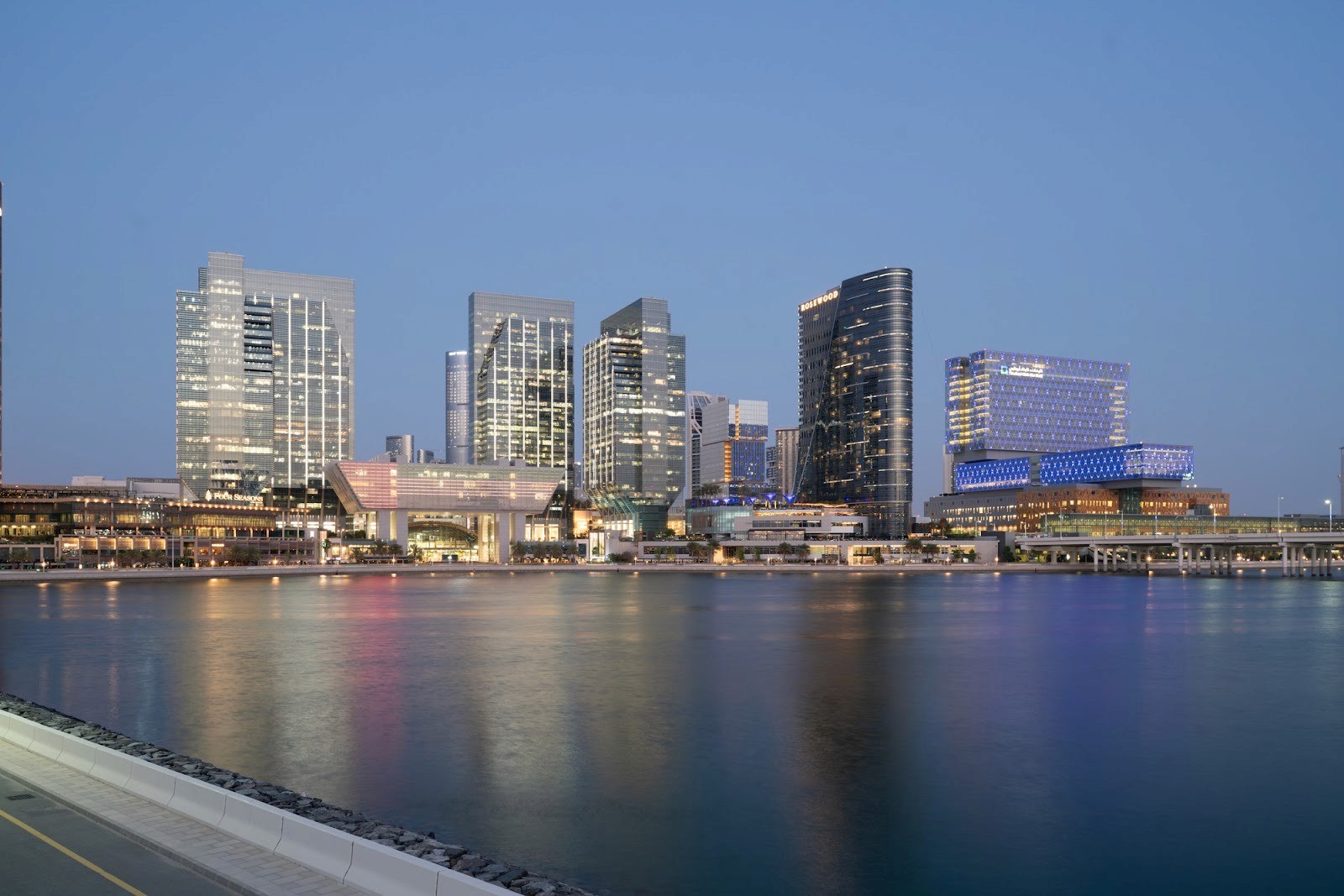
2. Abu Dhabi Global Market (ADGM) Freezone
ADGM (Abu Dhabi Global Market Square) is another Abu Dhabi freezone established in late 2013, which operates under a common law jurisdiction. As one of the world’s leading financial hubs and freezones, especially in the MENA region, it is heavily influenced by the common law of England and Wales.
As another leading Abu Dhabi freezone, ADGM distinguishes itself with its own judicial system, the ADGM courts, which manage disputes among companies registered in the offshore region.
Permitted Activities
Category | Examples of Activities |
Financial Activities |
|
Non-Financial Activities |
|
Retail Activities |
|
Note: ADGM permits retail and food & beverage (F&B) business activities under its Category C, Retail Activities, in addition to its core financial and professional services. Such licenses are not restricted solely to The Galleria, although that is one prominent retail location in Al Maryah Island. Retail businesses can operate elsewhere in the ADGM jurisdiction, subject to licence requirements and approvals.
ADGM features a variety of legal and corporate structures to cater to different business needs:
Private Companies Limited by Shares: Similar to limited liability companies.
Special Purpose Vehicles (SPVs)
Branches of Foreign Companies and Partnerships
Foundations
Partnerships: Includes limited partnerships and limited liability partnerships.
Cell Companies: Both protected cell and incorporated cell companies.
Investment Companies
Private Companies Limited by Guarantee: Such as associations.
Public Companies
Other Key Features
Trust Instruments: Abu Dhabi Global Market permits businesses to use trust instruments. However, they should comply with the established ADGM trust law regulations. This legal structure is primarily based on UK trust laws with specific amendments.
No Minimum Share Capital: Companies registered within ADGM are not required to maintain a minimum share capital, giving more flexibility to all sizes and types of businesses.
Governance Requirements
Director: Minimum one director is mandatory.
Shareholders: At least one shareholder is compulsory.
Authorised Signatory: At least one authorised signatory must be appointed.
Company Secretary: This is optional for private companies. This may be required for entities operating in the financial sector under the regulation of ADGM’s Financial Services Regulatory Authority (FSRA), which may impose additional requirements.
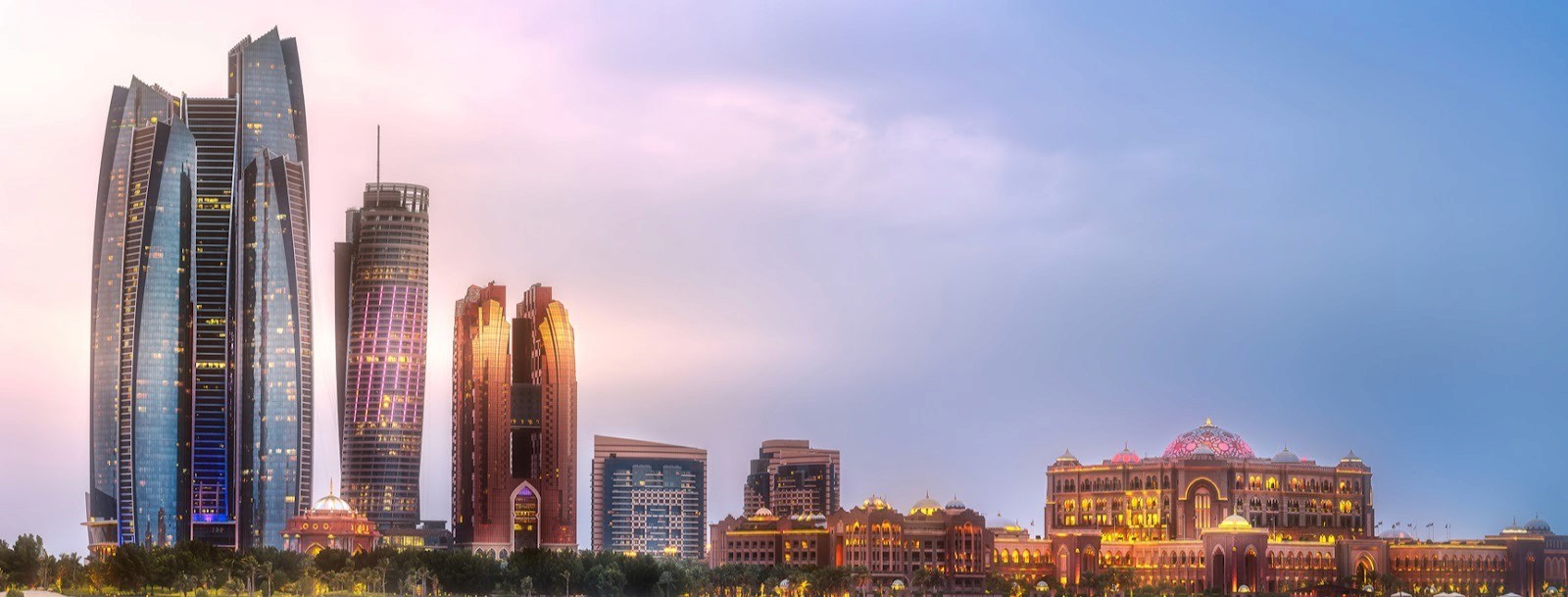
3. Masdar City freezone (Masdar City) in Abu Dhabi
Established in 2006, the Masdar City Freezone serves as a pioneering business hub dedicated to renewable energy and sustainable urban development. This Abu Dhabi freezone aims to position the UAE as a global leader in the renewable and clean energy sectors by making sustainable solutions commercially feasible.
Located outside Abu Dhabi’s capital, Masdar City Freezone contributes significantly to Abu Dhabi’s 2030 Economic Vision. It focuses on creating an environment that supports innovation and sustainable growth.
Permitted Activities
In line with Masdar’s commitment to sustainability standards, the freezone allows a wide range of business activities across sectors. They are categorised into energy and on-energy related activities, aiming to promote a diverse and vibrant business ecosystem.
Energy-Related Activities:
Energy Industry: Operations related to the broader energy sector.
Oil and Gas Services: Support services for the oil and gas sector.
Renewable Energy: Development and implementation of renewable energy projects.
Clean Technology and ICT: Innovations in clean technology and information and communication technology.
Non-Energy Activities:
Marketing and Events: Organising and managing promotional activities and events.
Business Centres and Data Centres: Providing office spaces and data management facilities.
Property Development Services: Real estate development and management.
Healthcare Services: Provision of medical and healthcare-related services.
Service Providers: Including courier services, insurance services, banking, translation, and more.
Consultancies: management, Legal, accounting, architecture, interior design, and other consultancy services.
Community Services: Education, retail, medical services, food services, hospitality, and other community-oriented activities.
Human Resources Development: Training and development services for workforce enhancement.
Regional Headquarters, Trading, and Holding Companies: Establishing regional offices and managing trading and holding entities.
Permitted Entities
Limited Liability Companies (LLCs): Offer flexibility and security for shareholders.
Associations: Licenses for non-profit association activities.
Branches: Allows existing companies to expand their presence within the freezone.
Other Key Requirements
Share Capital Requirements:
LLCs in Aerospace, Aviation, Airport Services, and Manufacturing:
Corporate Shareholder: AED 500,000
Natural Person: AED 1,000,000
LLCs Operating in Other Segments: AED 150,000
Branch Companies: No specific share capital requirement
Note: Just like other freezones, Masdar City Freezone also reserves the right to modify share capital requirements without prior notice.
Corporate Governance:
Shareholders: Each company should have at least one shareholder.
Directors: At least one director is required to oversee company operations.
General Manager: Appointment of a general manager is compulsory.
Company Secretary: This is optional for private companies, but it may be mandatory for those operating in the financial sector under specific regulatory conditions.
Trust Instruments: Through its collaboration with ADGM, companies in Masdar City Freezone can utilise trust instruments under ADGM’s common law framework, which is based on UK trust laws with specific adaptations.
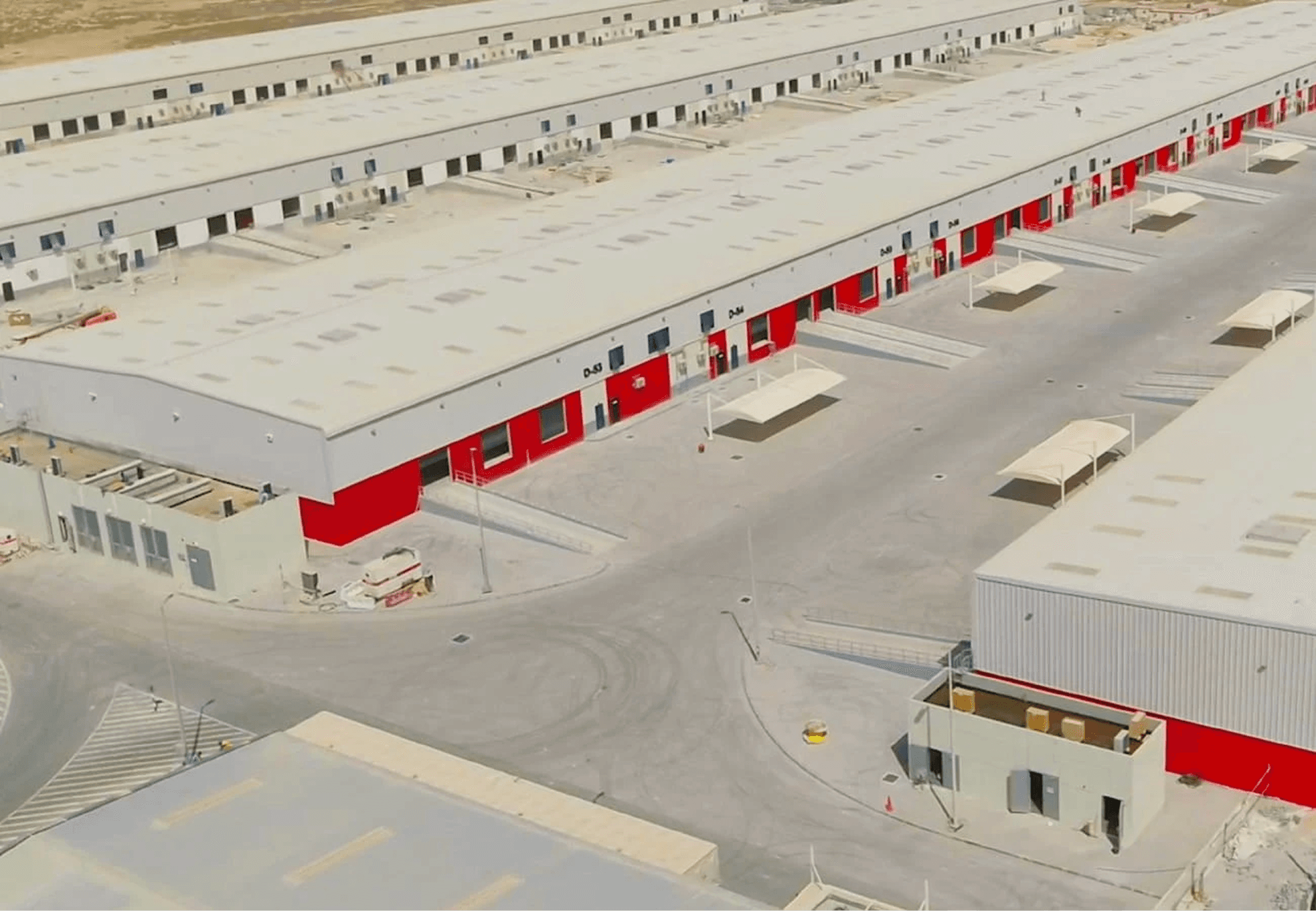
4. Khalifa Industrial Zone, Abu Dhabi (KIZAD)
Launched in 2012, KIZAD (Khalifa Industrial Zone) is one of Abu Dhabi’s first integrated logistics, trade, and industrial freezones. Strategically located between Abu Dhabi and Dubai, it is part of Abu Dhabi Ports Company, providing direct access to Khalifa Port.
Being located in a prime location allows KIZAD to improve connectivity alongside seamless import and export operations. This makes the freezone a crucial hub for commercial and industrial activities in the area.
Permitted Activities
KIZAD offers a variety of licenses tailored to different business needs, allowing a diverse range of activities. They are as follows:
Type of License | Scope | Flexibility | Examples |
Industrial License | Permits the import of raw materials, and the manufacturing, processing, assembling, packaging, and export of intermediate and/or finished products. | The list of allowed activities is non-exhaustive, allowing for a wide range of industrial operations. |
|
Trading License | Authorises trading activities, including import, export, distribution, stocking, and warehousing of specified products and items. | The list of allowed activities is non-exhaustive, allowing for a wide range of industrial operations. |
|
Service License | Covers a variety of service-oriented activities such as management and economic consulting, marketing services, logistical support | The list is non-exhaustive, allowing businesses to offer a broad range of service activities. |
|
Permitted Entities
Limited Liability Companies (LLCs): Offering flexibility and security for shareholders.
Branches: Allowing existing companies to expand and establish within the freezone.
Other Key Requirements
Minimum Share Capital: AED 150,000
Note: Depending on the nature and scale of the business, the KIZAD registrar may require higher share capital.
Corporate Governance:
Shareholders: Each company must have at least one shareholder.
Directors: At least two directors are required to oversee company operations.
General Manager: The appointment of a general manager is compulsory.
Company Secretary: It is essential to appoint a company secretary to ensure compliance with regulatory requirements.
Other Features:
Full Non-UAE Ownership: Companies with 100% foreign ownership in KIZAD can import, store, and re-export goods without paying customs duties.
Joint Ventures with UAE Partners: Joint ventures where a UAE partner holds 51% or more ownership get exemptions from import duties on raw materials.
Goods Manufactured: Exclusive exemption from customs when goods are exported to GCC countries, improving the competitiveness of products manufactured or made within the KIZAD freezone.
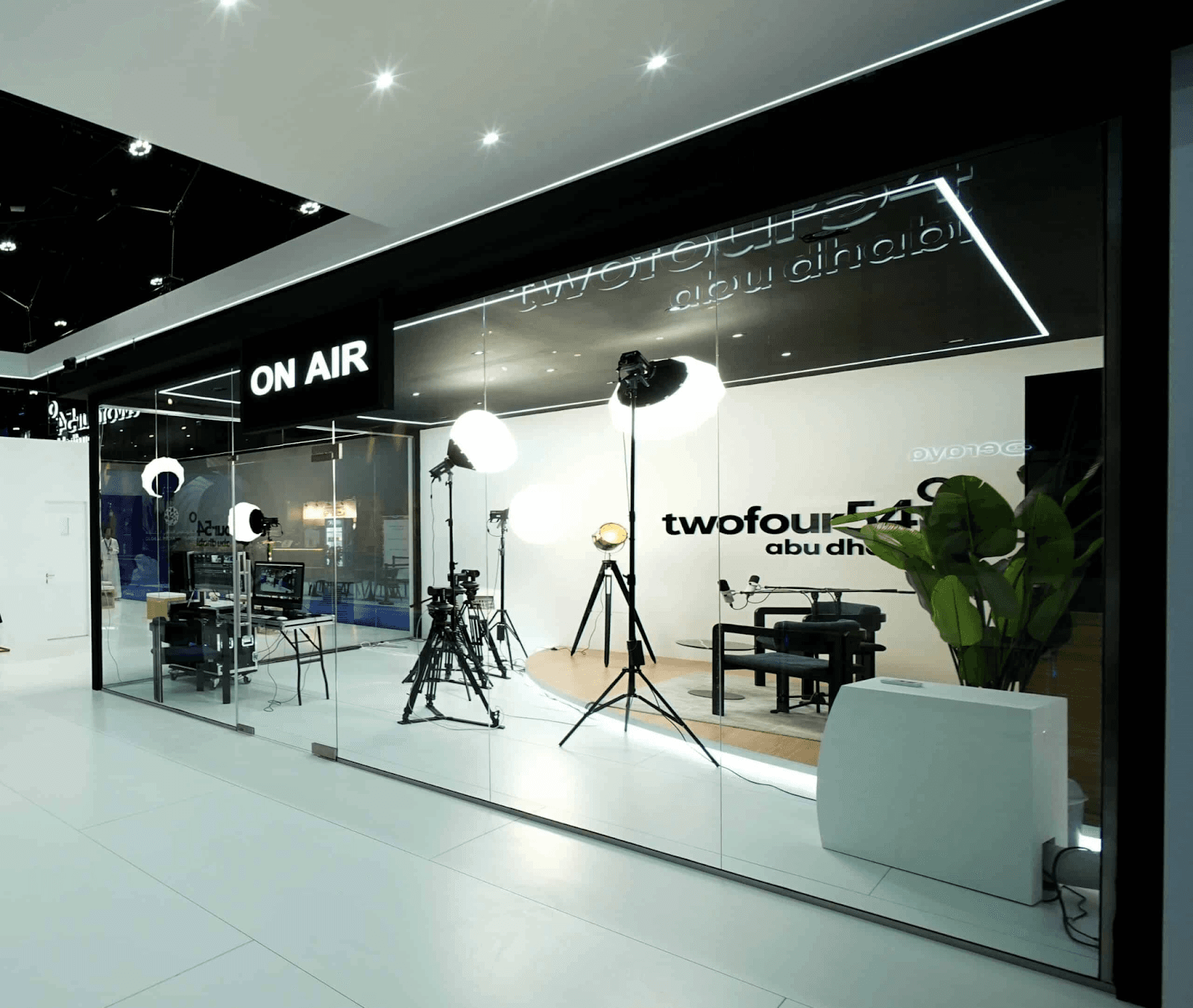
5.Twofour54 Media & Entertainment Hub (twofour54)
Twofour54 is a dedicated media freezone in Abu Dhabi, established to foster a vibrant and innovative creative and media cluster in the city. It is launched with the vision of transforming Abu Dhabi into a premier global filming destination. Twofour54 plays a crucial role in cultivating local talent and content.
Utilising state-of-the-art facilities and a supportive ecosystem, twofour54 Abu Dhabi Freezone focuses on attracting both local and international media professionals. The freezone aims to enhance Abu Dhabi’s status as a global media landscape.
Permitted Activities
Animation: Development of animated content for digital media, films, and television.
Advertising: Creation and management of advertising campaigns across various media platforms.
Content Portal Management: Managing online platforms for content dissemination.
Branding: Strategic branding services to build and enhance brand recognition and identities.
Content Management and Monitoring Services: Managing and regulating content distribution and quality.
Content Production
eCorporate: Creation of digital corporate content for businesses.
Audio-Visual: Production of films, TV shows, and other visual media.
Gaming Development: Designing and developing video games and interactive media.
Digital/Publications: Development of digital media and publications.
Graphic Design: Creating visual content for various media applications.
News Gathering Services: Collecting and producing news content for broadcast and publication.
Event Management: Organising and managing media-related events and exhibitions.
Post-Production Services: Editing, sound mixing, and other post-production activities for media content.
Publishing:
Books: Publishing written works in print and digital formats.
Magazines: Creating and distributing periodical publications.
Newspapers: Producing daily or weekly news publications.
Broadcasting:
Satellite: Operating satellite-based broadcasting services.
Radio: Managing radio broadcasting operations.
Permitted Entities
Limited Liability Companies (LLCs): Offer flexibility and limited liability protection for shareholders.
Branches: Allows existing foreign companies to establish a presence within the twofour54 freezone.
Freelancer Licenses: Allows individual media professionals to operate independently within the freezone.
Other Key Requirements
twofour54 has no minimum share capital, providing greater flexibility for startups and small businesses.
Corporate Governance
Shareholders: Each company must have at least one shareholder.
Directors: At least one director is required to manage the company's operations.
General Manager: The appointment of a general manager is compulsory to manage day-to-day activities.
Company Secretary: While this requirement is optional for private companies, having a company secretary is recommended to ensure compliance with regulatory requirements.
Choosing the Right Abu Dhabi Freezone
Abu Dhabi has many freezones that provide a wealth of opportunities for businesses looking to establish a presence in the UAE or the Middle East in general.
Whether you are into finance, media, or industrial manufacturing, the Abu Dhabi freezone offers specialised support, with strategic benefits, and flexible regulations to help businesses thrive.
By understanding the unique features and benefits of each freezone, you can make an informed decision that aligns with your business objectives.
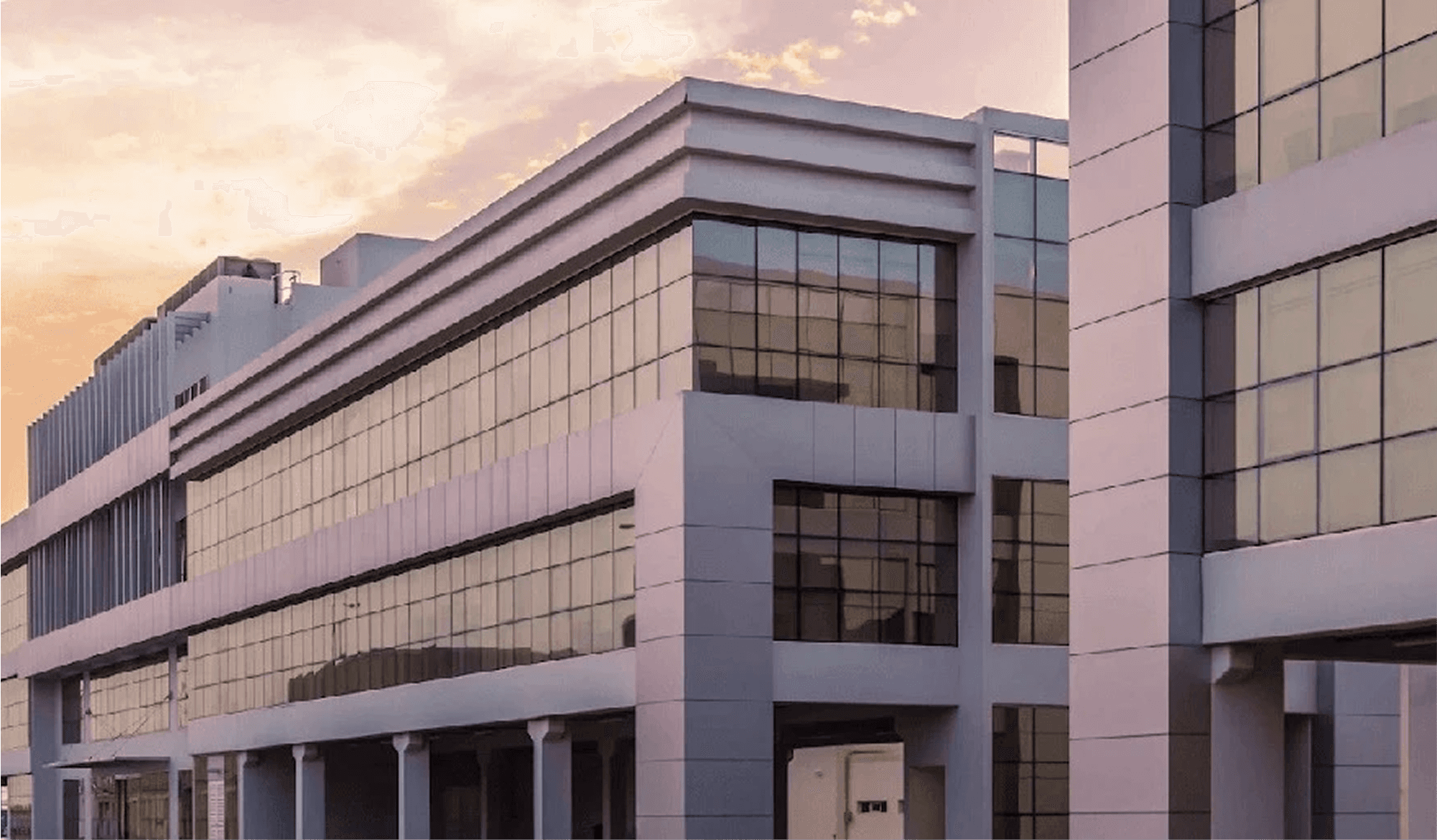
Simplifying Business Setup in ADGM Freezone
At TEC, as one of the leading providers of premier workspace solutions and business setup services, we understand the complexities involved in starting a company. This is why our business setup services are personalised, to help you navigate the legislation system efficiently through professionals. This way, we allow businesses to focus on key areas of growth and on establishing their brand presence.
We offer flexible workspace solutions in Al Maryah and Al Sila towers in ADGM, the Abu Dhabi freezone. For more details, request a quote, call at +971 2 411 0500, or WhatsApp at +971 4 526 4710.
Key Takeaways
Identify your business activity before selecting a freezone
Match your sector with the freezone’s specialisation
Consider location and market accessibility
ADGM supports finance and fintech, while KIZAD focuses on industry and logistics.
twofour54 is dedicated to media and creative businesses.
Masdar City Freezone promotes sustainability and clean technology.
ADAFZ provides opportunities in aviation, trade, and logistics.
Industry Insights
Professional Development
Private Office

Written by:
Ketan Trehan
Regional Director - Middle East
Frequently Asked Questions
Are there freezones in Abu Dhabi?
Yes. There are seven freezones in Abu Dhabi.
Is ADGM a freezone?
Yes, Abu Dhabi Global Market (ADGM) is a financial freezone in the UAE. It is considered a leading financial hub in the Middle East and operates under its own civil and commercial laws, which are primarily based on English common law.
What is the meaning of freezone in the UAE?
A freezone is a designated area within each emirate in the UAE that offers 100% ownership with zero tax. The freezones aim to develop a specific industry and provide dedicated, high-end infrastructure.
What is the difference between ADGM and DIFC?
Both operate in English common-law jurisdictions. ADGM directly applies English law within its framework, while DIFC has its own regulatory framework, with English law used as a fallback when a DIFC law is not available.
Who is the CEO of ADGM?
Salem Mohammed Al Darei is the CEO of the ADGM Authority.
Is the freezone under MOHRE?
No. Just like mainland companies, freezone companies are not directly under the jurisdiction of the Ministry of Human Resources and Emiratisation (MOHRE). Instead, each freezone has its own authority and independent employment laws and regulations.